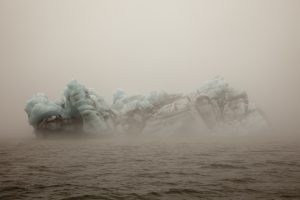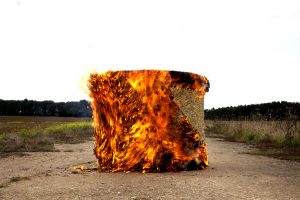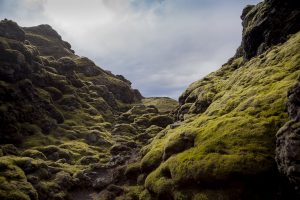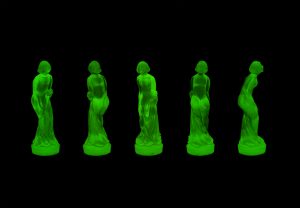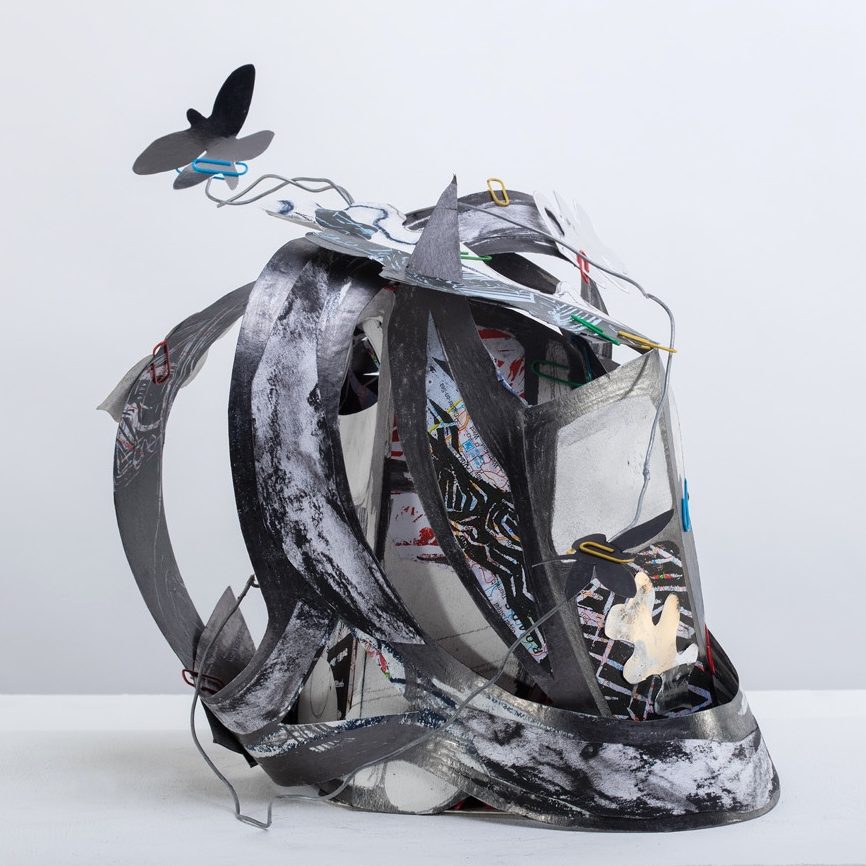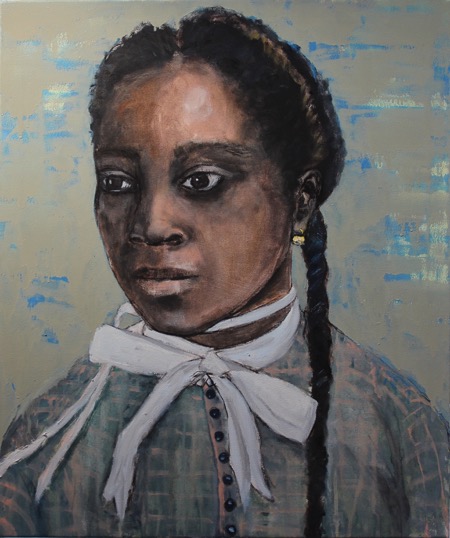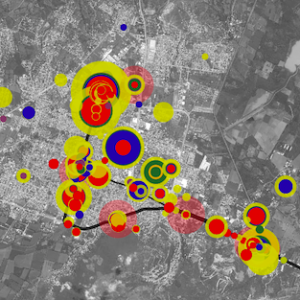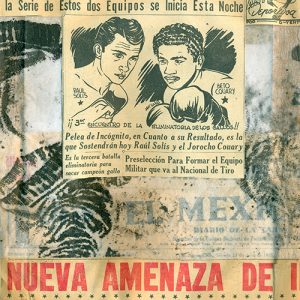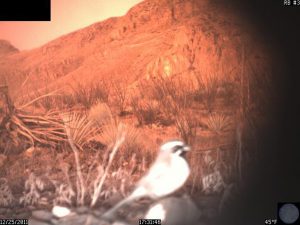Jessica Rayner and Gina Glover
An exhibition of photography and visual art investigating the impact of energy on the landscape
5 July – 28 September 2018
Exhibition Preview, Thursday 5 July 2018 from 6 -8 pm
The exhibition extends over all four floors of the Alison Richard Building.
The exhibition shares its title with an accompanying book. Metabolism refers to the physiochemical process that underpins all life. Just as a metabolic disease refers to an energy-sourced disorder of the body, so too the planet is revealing signs of metabolic distress. The cause is the massive change in energy use by society. What is called the Energy Transition – the shift from a low to high-energy use society – has been seen as enormously beneficial (food production, transport, heating, etc.) but our increasing use of energy, particularly fossil energy, is now identified as a cause of climate change and ecosystem harm.
This exhibition attempts to engage with the dynamics of the world about us by addressing energy in the landscape, energy extraction, energy transmission, energy ‘substances’ – coal, oil, minerals, gas, and the sun, the source of most of our energy.
Gina Glover’s photographs exploit atmospheric and ambient light conditions to construct images, which draw attention to the place of energy and changes in the landscape. Her project builds upon visits to coal mines in the Arctic and geothermal energy plants in Iceland, where the heat from volcanoes is used to generate electricity. Realising how both nature and human history had irrevocably changed by energy her recent work includes nuclear reactors in France, hydroelectric power stations in Wales, opencast coal mines in Germany, oil wells and hydraulic fracturing sites in the USA and glacier loss in Greenland.
In contrast, Jessica Rayner examines the energy of ‘things’ within the landscape. She uses a range of media, including photography, video, printmaking and three-dimensional sculpture to explore the idea of energy through objects, materials, substances and processes. She describes objects and processes as ‘affordances’, because they offer value to us. Delving into the histories of these objects, she offers up their stories of origination, discovery and scientific analysis. In constructing these artworks she provides a further ‘story’, the question of whether an artwork can express within it the artist’s own sense of knowledge and perception of an object.
Read our Q&A blog with the artists about the exhibition here: http://www.crassh.cam.ac.uk/blog/post/qa-the-metabolic-landscape
